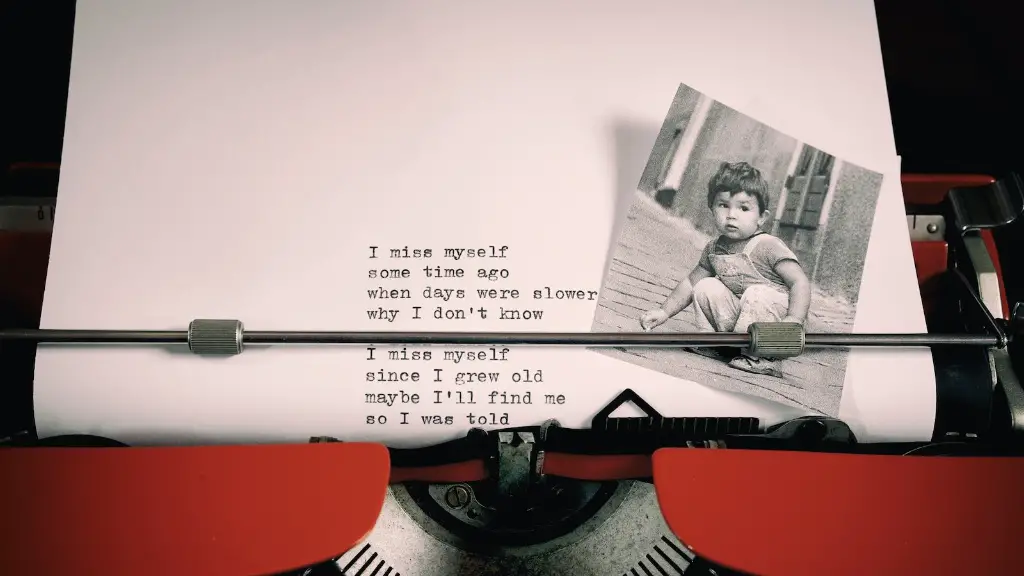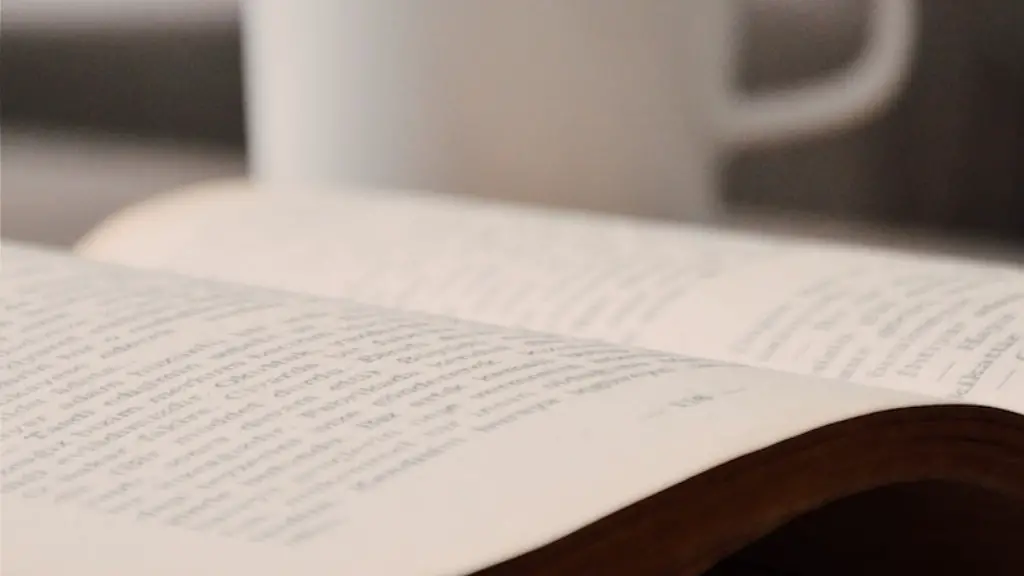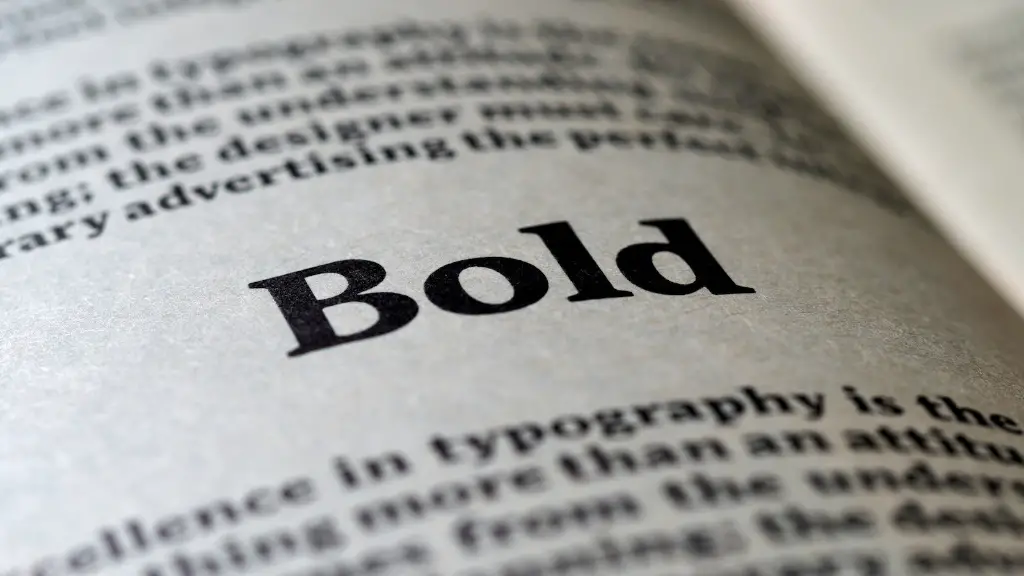What Is I Too By Langston Hughes About?
I Too by Langston Hughes is a groundbreaking work of poetry that captures the culture, pain, and beauty of the African American experience in the early 20th century. Written in 1925, it is one of the first works to openly express the individuality of African Americans. The poem is a three-part metaphor that reflects the harshness of segregation, the beauty of ancestry, and the perseverance of the African American spirit.
The first part of the poem describes the effects of segregation on African Americans. Through vivid imagery and haunting words, Hughes paints a picture of a black man being banned from the American table: “But I eat well and I sleep well/ And I ought to be glad.” This metaphor speaks to the systematic oppression of African Americans, who were often excluded from mainstream American society.
The second part of the poem is a celebration of ancestry and resilience. Hughes acknowledges the beauty and power of African American heritage: “Tomorrow, I’ll be at the table/ When company comes,” he says. This phrase speaks to the power and strength of the African American spirit, and is a testament to the resilience of the African diaspora.
The third and final part of the poem ties together the themes of segregation and resilience. Through his words, Hughes invokes the spirit of change and defiance of the African American people: “Nobody’ll dare/ Say to me.” This phrase speaks to the determination of individuals to break down barriers of segregation and fight for equality.
The Poem’s Impact
Today, I Too is widely regarded as one of the most important works of American poetry. Not only does it speak to the plight of African Americans during the early 20th century, but it also serves as an enduring reminder of the power of resilience, perseverance, and resistance. It has been praised by scholars and poets alike for its ability to communicate the beauty and pain of the African American experience.
In addition to its artistic merit, I Too is also widely used as a teaching tool in classrooms across the world. Hughes’ work is often referenced in discussions about identity, oppression, and cultural erasure. As a result, it has been cited as a source of inspiration and comfort for generations of African Americans struggling with social, economic, and political obstacles.
Langston Hughes’ Legacy
Langston Hughes is often remembered as one of the most influential figures in American literature. Through his poetic oeuvre, Hughes was a passionate advocate for the African American experience, paving the way for generations of young poets to follow in his footsteps. In addition to I Too, poems like “Harlem (A Dream Deferred)”, “Mother to Son”, and “Dream Variations” are considered essential works of American literature.
Today, Hughes’ legacy is still strong, and he remains one of the most celebrated figures in African American history. Despite his death in 1967, his words still echo in classrooms and cultural spaces, serving as a source of inspiration and comfort to those grappling with adversity. His work continues to shape our understanding of the African American experience, and his legacy will forever be a part of the American narrative.
Analysis of I Too
I Too is a powerful work of poetry that captures the struggles and aspirations of African Americans during the early 20th century. Through vivid imagery and haunting words, Hughes speaks to the plight of African Americans who were often excluded from mainstream American society. At the same time, the poem celebrates the beauty and strength of African American heritage, and speaks to the power of resilience and resistance.
The poem seeks to empower African Americans by reminding them of the power of their history and ancestry. It also serves as an enduring reminder of the importance of resilience, perseverance, and resistance in the fight for equality. By acknowledging the beauty and strength of the African American experience, Hughes was able to capture the culture, pain, and beauty of a generation of African Americans who were struggling with oppression and injustice.
Critique of I Too
Critics have pointed out that I Too is a powerful example of Hughes’ knack for capturing the African American experience, but it often fails to acknowledge the complexity and nuances of the African American fight for equality. While the poem speaks to the strength of the African American spirit and the power of perseverance, it often overlooks the systemic issues that created the climate of oppression.
In addition, some have argued that Hughes fails to represent the full range of experiences of African Americans during the early 20th century. By focusing solely on the experiences of African American men, Hughes overlooks the struggles and experiences of African American women and other marginalized communities. While the poem speaks to the experiences of black men, it fails to acknowledge the collective struggle of the entire African American community.
Conclusion of I Too
Overall, I Too is a powerful work of literature that speaks to the plight of African Americans during the early 20th century. Through vivid imagery and haunting words, Hughes paints a picture of a nation grappling with inequality and oppression. At the same time, the poem celebrates the beauty and strength of African American heritage, and serves as an enduring reminder of the power of resilience, perseverance, and resistance.



